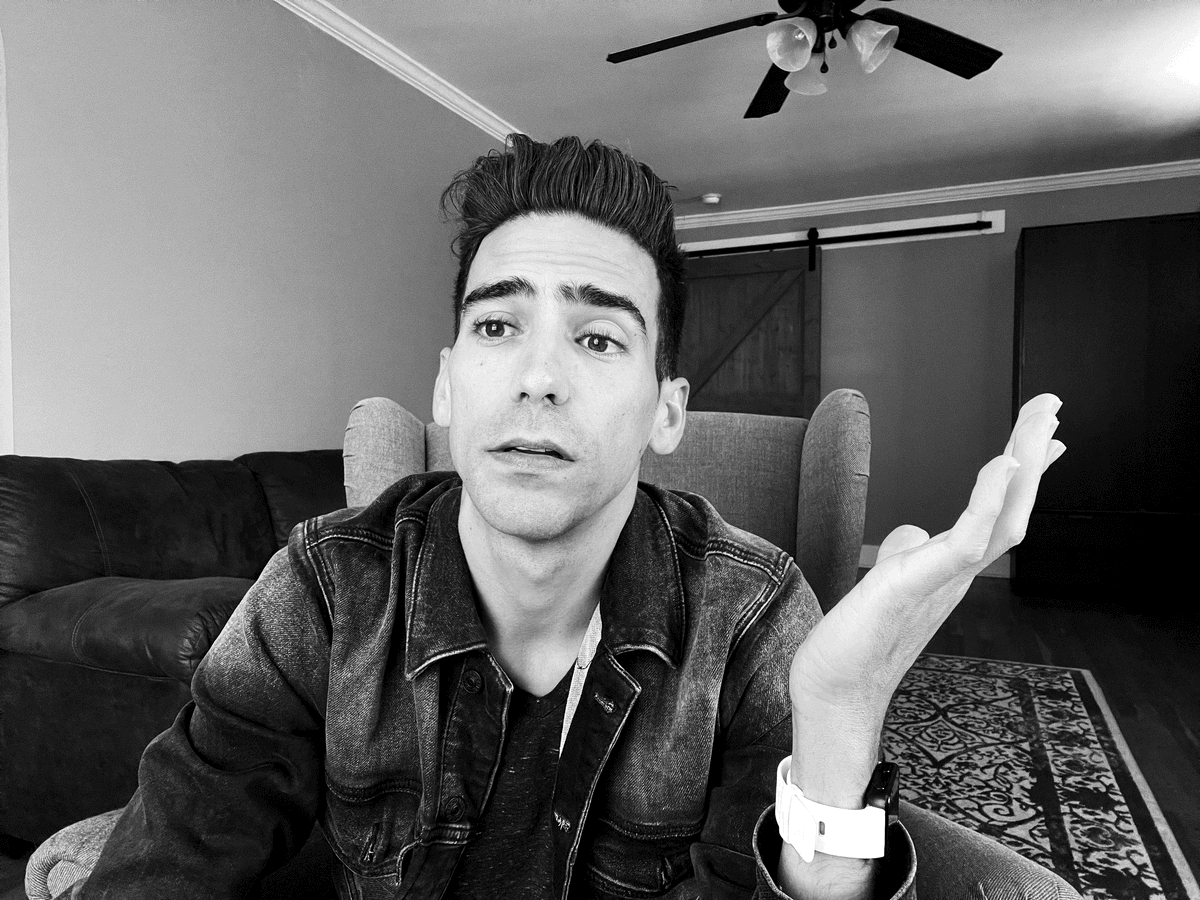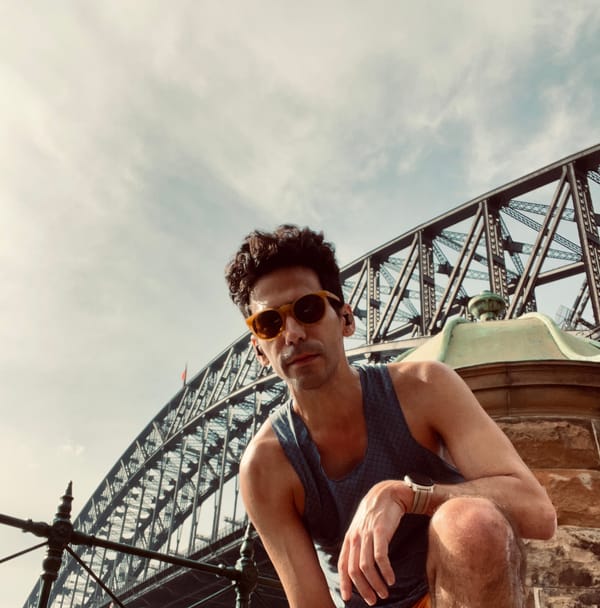On Presenting

Public speaking can be nerve wracking. It doesn't have to be.
I recently wrote a piece about speaking in public. It's a thing I've done quite a lot of in my life. Much of what I learned comes from my voice guru, Patsy Rodenburg. If you have ever had to speak in public, and especially if you don't like it, the following is for you. While originally intended to be advice for journalists, anyone could heed some of these words if they want to hone their public speaking practice.
Presenting can be difficult. Many journalism schools don’t necessarily teach skills in oration or presenting. Even if you attended one, the craft of communication is something actors, authors, and other public-facing professionals work on for their entire careers. It’s important to acknowledge that presenting on audio or on camera can intersect with one’s insecurities. It’s a vulnerable state to put yourself in. I’ve heard casting directors describe it as an ‘act of bravery.’ I don’t think that’s totally an exaggeration. While we aren’t putting out fires or saving lives, it would be folly to ignore it. It takes a certain amount of courage to put yourself in front of the eyes and ears of others. So, being a little easy on yourself goes a long way. I’ve been doing this for about 23 years with varying degrees of success and failure. I’m under no illusion that I’m amazing at it, but I’ve been around the bend with it enough to have gleaned some valuable lessons. Here are five simple pointers I’ve learned in two decades that you can learn in two minutes.
- Your voice is the most important tool you have; don’t knock it. If you’re like me, you may not like hearing yourself speak, but I can almost guarantee someone else will. I personally find every person I've worked with enjoyable to listen to in their own unique way. If you still find it uncomfortable to talk, take that discomfort and focus instead on the experience you want your audience to have. What do you want them to get out of this? What are you trying to simplify for them?
- It is okay to be nervous, and it’s probably a good thing. This isn’t to say that if you’re not nervous, something is wrong. But this can be a good thing because it means you care and you’re invested. Resist the urge to deny that you feel nervous. Focus that energy on what it is about the subject you think is interesting, exciting, or wild. If you’re thinking about these things, you will naturally relax into the text and the story. Your audience will too, and they likely won’t even know you were nervous. I can’t tell you how many times I’ve worked with another actor (and a few journalists) who have told me how nervous they were, and yet, I had no clue. I was enamored by the story they told.
- Sometimes less really is more. You don’t need to do as much as you think you do. Sometimes just talking really is enough. Many of you probably know this, but avoid trying to manufacture an emotion, or conversely trying to quash them. Simply talking about a story will be moving enough in whatever way it needs to be for each person who watches or listens. It is also quite impossible for your unique lens on the story to be erased from the tone of your voice. We aren’t AI, and we can’t neutralize our voices, and I don’t think we should try to either. It’s also not necessary. You may think you “feel nothing” when you talk. That’s fine.
- If this still feels intimidating, try thinking of it as ‘having a conversation with the audience.’ In acting, we often have conversations with scene partners, but in journalism, we are literally ‘informing’ the audience. When you think of what you’re doing as having a dialogue with the audience, it takes some of the pressure off you from having to be something. Instead, you’re focusing on the story, whatever it is you’ve investigated, the highlights, the science, etc. If you’re fully invested in making these things make sense to the audience it’s much easier to listen to or watch. I once worked with a vocal coach named Patsy Rodenburg, and the way she simplified this for me was to say, “if you’re connected to the text, your audience will be connected with you.”
- Don’t be perfect. It’s okay, dare I say desirable, for you to make little mistakes here and there. Not factual inaccuracies. By all means, correct those. But a little organic roughness is easier to listen to than white-knuckled perfection. It sounds weird to human ears when audio is completely devoid of laughter, gasps, taking a breath, tripping on a word, or a long pause. For sure, there’s definitely a line to draw and times when things need to be restarted, but don’t interrupt yourself because something isn’t perfect. Finish your thought. Get it on camera or on audio. It can be edited later. You can do more than one (or several) takes. However, I think there is such a thing as “too many takes” when it comes to filming and recording. You can flatten something out if you do it over and over again. It may never be exactly how you want it to be, and that’s just part of the process.
- Bonus: Have fun. This might sound a bit obvious, but enjoying this process is helpful. Haha. It makes it easier to do a good job. One of my acting teachers said “fun is the catalyst of excellence.” He was right.
Everything above is a suggestion. You may already know or practice some of this advice intuitively. Some of you may disagree with it, and that’s fine as well. The important thing is that if you intend to present you have a practice, whatever that practice is for you.




